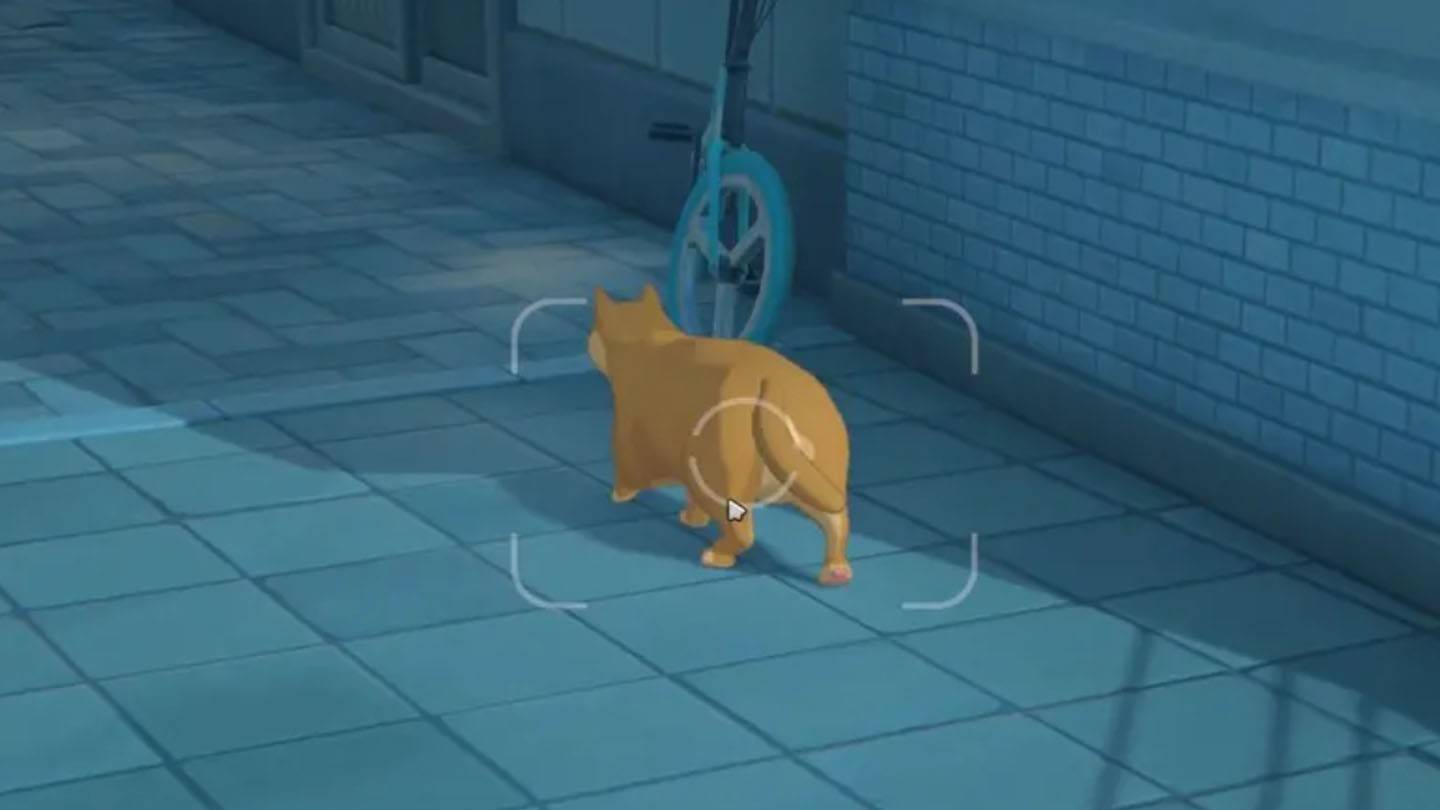It’s been a whirlwind 48 hours for economics enthusiasts and Nintendo fans alike. On Wednesday, we learned that the Nintendo Switch 2 would be priced at a steep $450 in the U.S., a figure analysts say reflects anticipated tariffs, as well as factors like inflation, competition, and rising component costs.
The drama escalated last night when the Trump Administration announced sweeping 10% tariffs on nearly all countries, with significantly higher tariffs targeted at nations including China, the EU, Japan, Vietnam, Canada, Mexico, and others. In a swift response, China announced this morning a 34% reciprocal tariff on all U.S. goods. Amid this turmoil, Nintendo postponed Nintendo Switch 2 pre-orders in the U.S. to assess the impact of these tariffs on their console strategy.
This unprecedented scenario has left analysts, experts, and the public scrambling to understand its ramifications. Just 30 minutes before Nintendo's pre-order announcement, I spoke with Aubrey Quinn, a spokesperson for the Entertainment Software Association (ESA), to delve into the potential impact of these tariffs on the gaming industry.
The ESA, like many, is still piecing together how these developments will unfold. Quinn noted that while tariffs were anticipated due to Trump’s previous actions and campaign rhetoric, the exact nature and scale of the retaliation from countries like China, along with potential future U.S. levies, remains uncertain.
Despite the uncertainty, the ESA is clear on one thing: these tariffs will negatively affect the video game industry. Quinn stated, “We really are, at this point, just watching and trying not to have knee-jerk reactions, because we don't think that what President Trump announced this week is the end of the story, but what was announced this week and the tariffs as outlined, we do expect these tariffs will have a real and detrimental impact on the industry and the hundreds of millions of Americans who love to play games. And so our goal is to work with the administration, to work with other elected officials to try to find a solution that doesn't damage U.S. industries, U.S. business, but also American gamers and families.”
When Quinn mentions a detrimental impact, she's referring not just to the cost of gaming systems. She believes that, "It's hard to imagine a world where tariffs like these don’t impact pricing." Beyond pricing, consumer spending will be affected, which in turn will influence company revenue. Decreased profits could lead to job cuts, reduced investment in research and development, and even changes to the design of future consoles. “The entire consumer ecosystem is connected,” she emphasized.
The ESA is taking action, though Quinn admits it’s been challenging to start. The new Trump administration, in office for only two months, features largely new personnel, making it difficult to leverage past connections. However, the ESA is actively working to establish new relationships and engage in public-private sector discussions to highlight the tariffs' potential impact on businesses and consumers within the U.S.
Quinn highlighted the ESA's recent collaboration with a coalition of trade associations to express concerns to U.S. Trade Representative Jamieson Greer before the tariffs were announced. They are also seeking meetings with legislators and administration members to discuss these issues.
When asked if these efforts are bearing fruit, Quinn affirmed, “Yes. I can tell you conversations are happening with... I don't want to say every level. I've not met with Trump, right? So I don't want to say every level of government, but certainly we've met with members of the administration. We've met with employees at the White House, we've met with employees at USTR [the office of the United States Trade Representative], so yes, we are having conversations and we're also doing that in partnership with other associations to make sure that... This isn't a video game issue. I represent the video game industry, so I'm very aware of the impact on the video game industry, the potential impact, but it's not a video game industry. This is going to affect all consumer products from food to fashion to electronics.”
For concerned consumers, Quinn suggests reaching out to their elected representatives through letters, calls, emails, or tweets to express their concerns. “I think the more members of government, elected officials, and their staff who hear that their constituents are concerned, the more likely we are to be heard and to potentially make an impact,” she said.
Nintendo's decision to hold off on Nintendo Switch 2 pre-orders came just minutes after our conversation. When asked for further comment on this move, Quinn noted that the ESA doesn’t comment on actions by individual companies. However, regarding the Nintendo Switch 2's high price point, she added, “You know what? It's been interesting with media coverage around video games and tariffs because just unfortunate coincidental timing that the Switch [2 reveal] was the same day as President Trump's announcement. There are so many devices we play video games on. There are other consoles, but as I was saying, VR headsets, our smartphones, people who love PC games, if we think it's just the Switch, then we aren't taking it seriously. This is going to have an impact.
“And even American-based companies, they're getting products that need to cross into American borders to make those consoles, to make those games. And so there's going to be a real impact regardless of company. This is company-agnostic, this is an entire industry. There's going to be an impact on the entire industry.”







